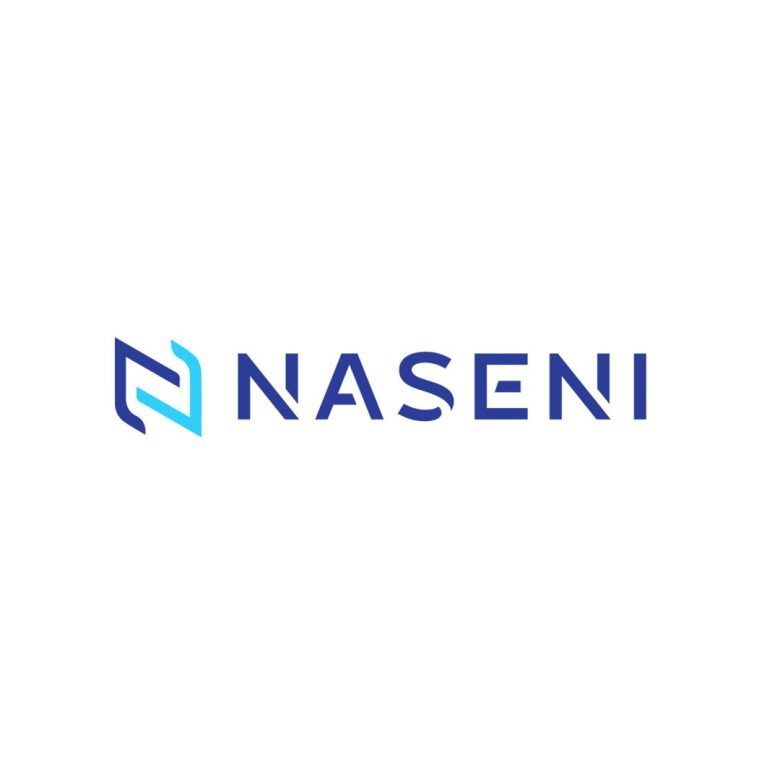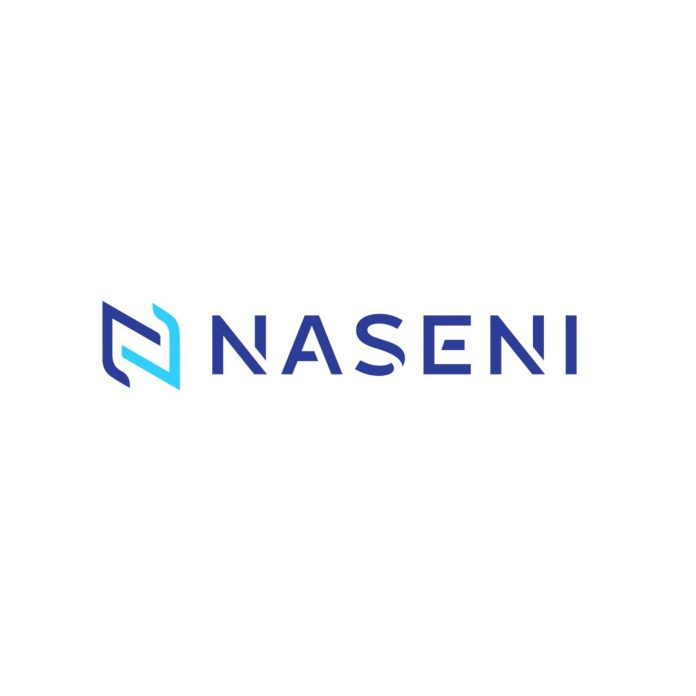The National Agency for Science and Engineering Infrastructure (NASENI) has launched a week-long intensive training on ASPEN Plus, a process simulation software, at the agency’s Virtual Manufacturing Lab at its headquarters in Abuja.
The hybrid training which was held across NASENI’s Development Institutes, marks a significant step forward in NASENI’s commitment to advancing technical capacity in renewable energy and engineering design.
The opening ceremony featured remarks from Dr. Chika Ezeanyanso, Deputy Director of the Nano Science Department and representative of the Executive Vice Chairman (EVC) of NASENI. In her address, she emphasized NASENI’s dedication to providing its staff with cutting-edge knowledge to drive innovation in renewable energy.
Dr. Ezeanyanso, on behalf of the participants, expressed her gratitude to the EVC for his approval that championed this initiative and his steadfast commitment to ensuring that NASENI personnel remain at the forefront of technological advancement in biogas and other renewable energy sectors.

The Special Adviser to the EVC on Science and Engineering Commercialization Engr. Anas Yazid Balarabe encouraged participants by emphasizing the value of bridging research and commercialization. He stressed that the knowledge gained from the training would advance renewable energy solutions and promote innovation, helping NASENI transform research into marketable products that meet national energy needs and support sustainable development.
This training is a follow-up to the successful conclusion of NASENI’s Biogas and Biomethanol Plant Design Training, held in collaboration with SRH Berlin University. It was recommended as part of the agency’s broader strategy to enhance the technical expertise of its staff in the design and commercialization of renewable energy solutions.
The ASPEN Plus training, aimed at empowering 50 carefully selected NASENI Engineers and biochemists who participated in the last training, provides advanced tools for process design, optimization, and simulation, further equipping the team to contribute to Nigeria’s sustainable energy goals.
The participants are expected to leverage this training to design and develop more efficient biogas plants, as well as other sustainable energy solutions. She encouraged the trainees to make good use of the opportunity and apply it for the growth and development of the agency and Nigeria at large.


